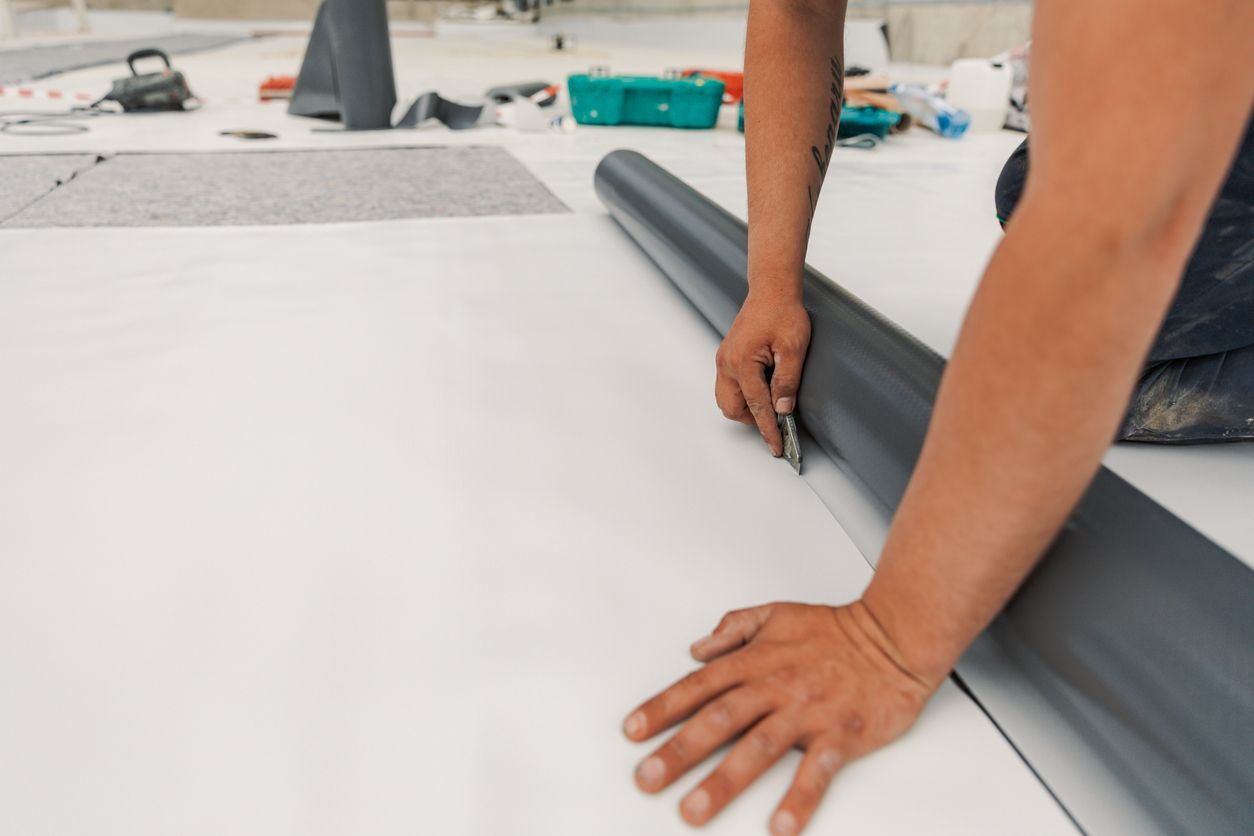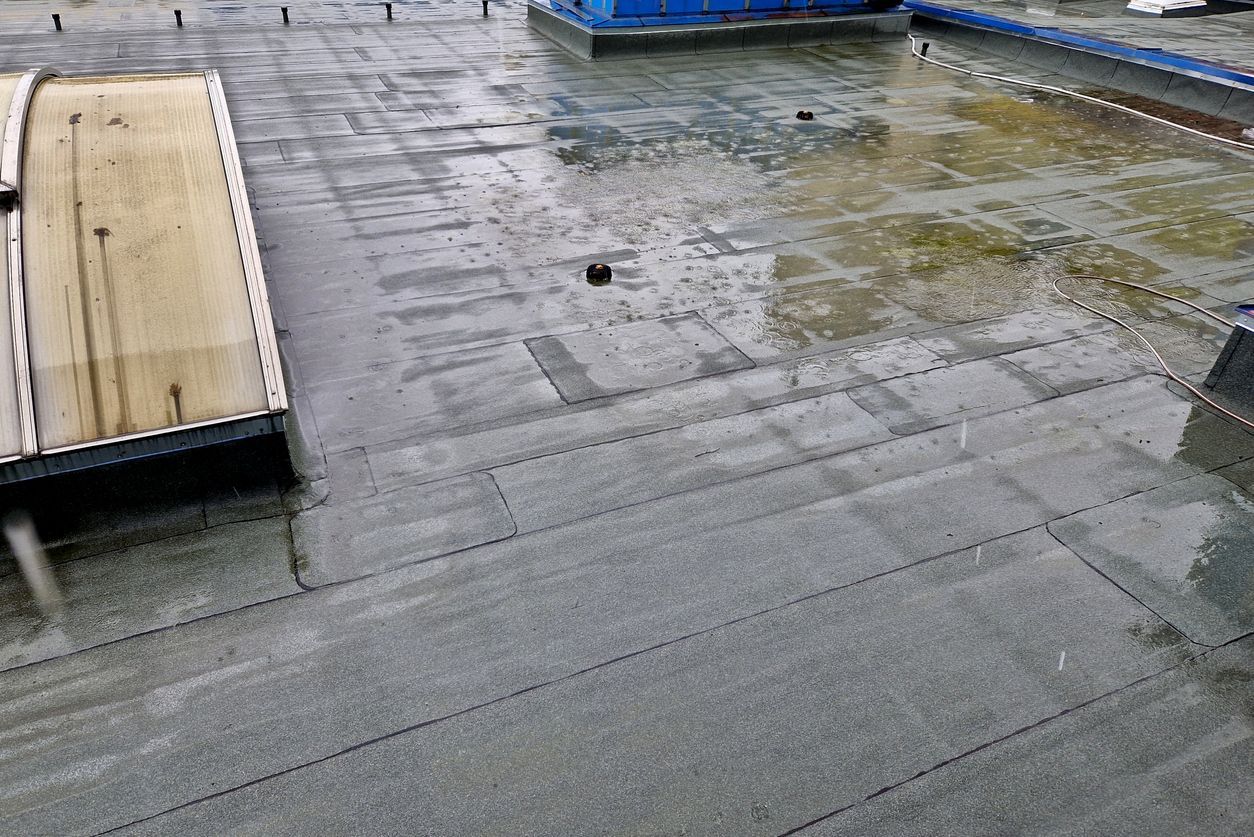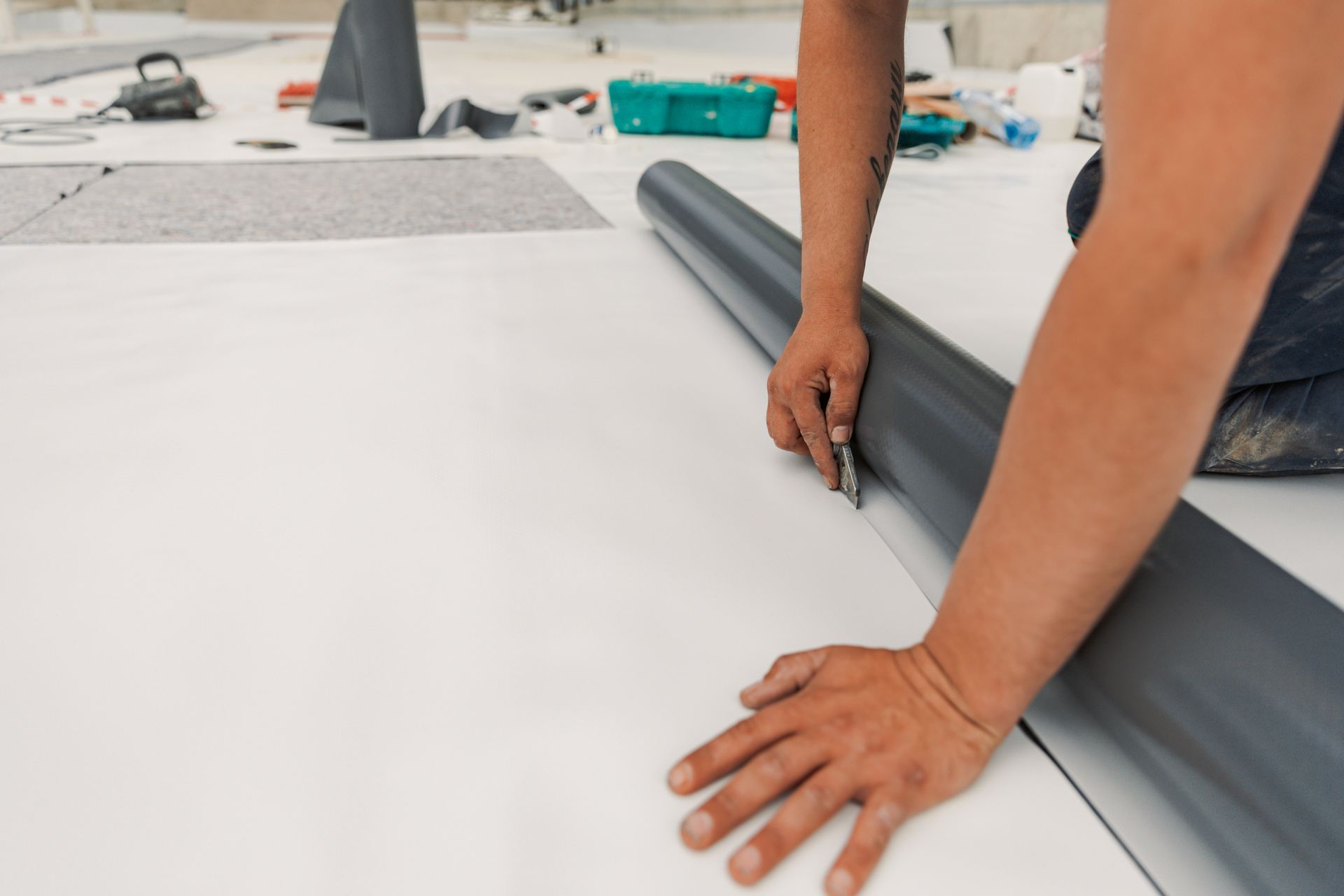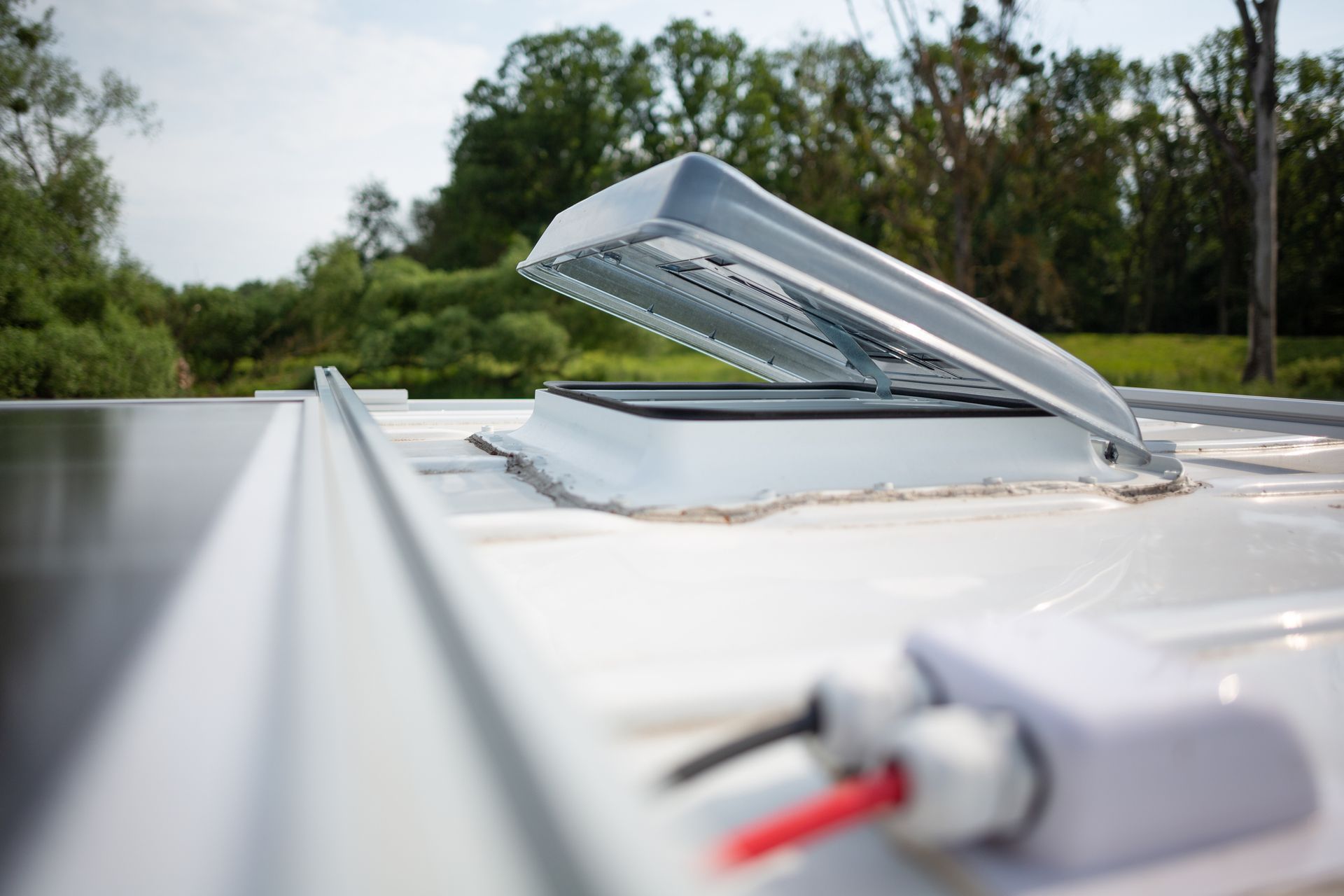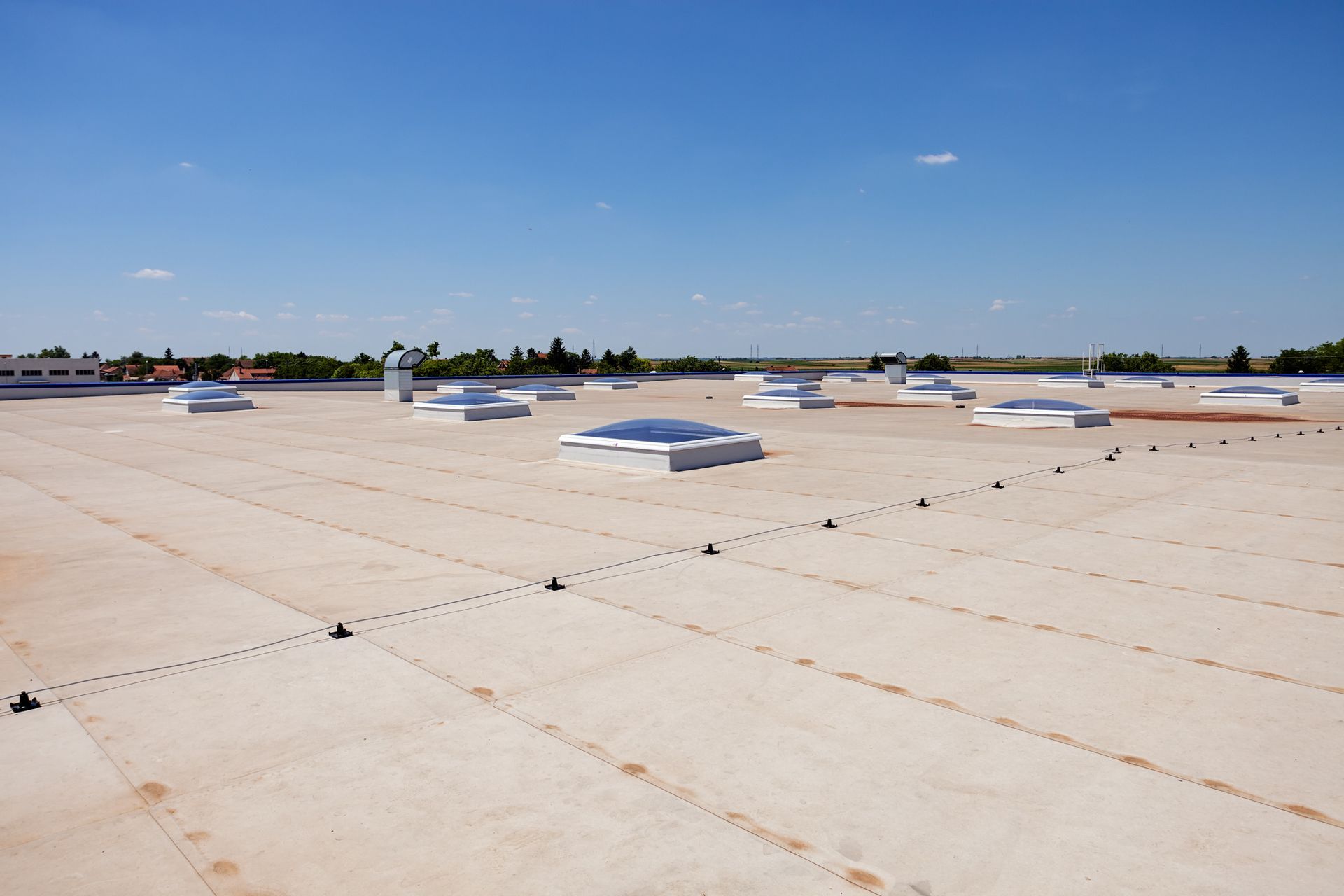Key Factors in Commercial Roof Installation
Selecting the right commercial roofing system and contractor for your project is paramount for ensuring longevity and reliability. With advancements in commercial roofing materials and methods, here’s what you need to know to make an informed choice regarding your next installation.
What is the best roofing for commercial buildings?
The "best" roofing for commercial buildings is not a one-size-fits-all solution; it significantly varies based on the building's specific requirements. The intended use of the building heavily influences the choice, as some industries may require more robust materials to protect sensitive equipment or products.
For one, local climate dictates the need for materials that can withstand extreme weather conditions, be it intense heat, heavy rain, or frequent snowfall, ensuring the roof’s longevity and durability. On top of this, energy efficiency goals are becoming increasingly vital in choosing roofing systems, with many opting for materials that offer better insulation and reflectivity to reduce cooling and heating costs. Taking these factors into account ensures that the selected roofing system aligns perfectly with the building’s operational requirements and sustainability objectives, making it a truly "best" choice for that specific commercial property.
What is the difference between commercial and industrial roofing?
Commercial roofs, for instance, often prioritize aesthetics in addition to functionality, catering to businesses that receive clients or customers on-site, while industrial roofs might focus more on durability and resistance to harsh chemicals or extreme temperatures, serving the practical needs of manufacturing or processing facilities. These specialized requirements ensure that both types of roofing provide the most effective protection and performance based on the specific circumstances and demands of the building they cover.
What is the most common for commercial roofing?
The most common commercial roofing systems, which prominently feature materials such as TPO (Thermoplastic Polyolefin), EPDM (Ethylene Propylene Diene Monomer), and PVC (Polyvinyl Chloride), are highly sought after for their exceptional durability, superior energy efficiency, and ease of maintenance, perfectly aligning with a broad spectrum of commercial roofing needs. These materials not only fulfill the structural integrity requirements expected from commercial roofing but also contribute to lower operational costs through their energy-saving properties, making them a preferred choice for environmentally conscious and cost-efficient roofing solutions.
Why are commercial roofs flat?
Commercial roofs are frequently constructed with a flat design to support heavy equipment, streamline maintenance efforts, and allot ample space for HVAC systems, effectively serving as a practical solution tailored to the multifaceted needs of numerous commercial buildings. This architectural choice not only optimizes the usability of rooftop areas but also enhances the overall functionality of the building by allowing for the efficient placement and operation of essential mechanical systems, thereby contributing to the building's operational efficiency and comfort.
Is PVC roofing better than TPO?
Choosing between PVC (Polyvinyl Chloride) and TPO (Thermoplastic Polyolefin) roofing hinges on the demands and objectives of a project, including factors like budget constraints, local weather conditions, and sustainability ambitions, since each material brings its own set of merits in durability and energy-saving performance. PVC is renowned for its superior resistance to chemical exposure and fire, making it ideal for industries dealing with oils or chemicals, while TPO's reflective surface is excellent for reducing cooling costs in warmer climates. These distinct characteristics highlight the importance of evaluating the specific needs of a building to determine the most suitable and cost-effective roofing solution that aligns with both the immediate and long-term goals of the project.
What is the life expectancy of a commercial flat roof?
The life expectancy of a commercial flat roof can vary widely, typically ranging from 20 to 30 years, greatly influenced by the specific material employed, the precision and expertise evident in the installation process, and the consistency of maintenance efforts over time. This variability underscores the importance of making informed choices about roofing materials, selecting skilled contractors for installation, and adhering to a routine maintenance schedule to ensure the longest possible lifespan for the roofing investment.
When planning for a commercial roof installation, the importance of selecting the right contractor cannot be overstated. A contractor with extensive experience across various roofing systems can provide invaluable guidance, ensuring that your roofing choice meets your building’s needs in every aspect—from energy efficiency to long-term durability. Moreover, a contractor committed to quality will prioritize high-performance systems from top manufacturers, ensure compliance with warranty conditions through thorough inspections, and advocate for regular maintenance to extend your roof's lifespan.
Looking Forward:
In 2024 and beyond, carefully choosing a roofing company or contractor is crucial, focusing on their dedication to quality, expertise in various roofing systems, and meticulous attention to every detail of the installation process.
At All Seasons Roofing, we embody these principles, offering deep expertise in all types of roofing systems, from PVC to TPO, and a dedication to quality that spans from choosing the right materials to providing streamlined, detail-oriented service. Let us help you invest in a commercial roofing system that stands the test of time, ensuring your property is protected and your roofing investment yields long-term benefits.
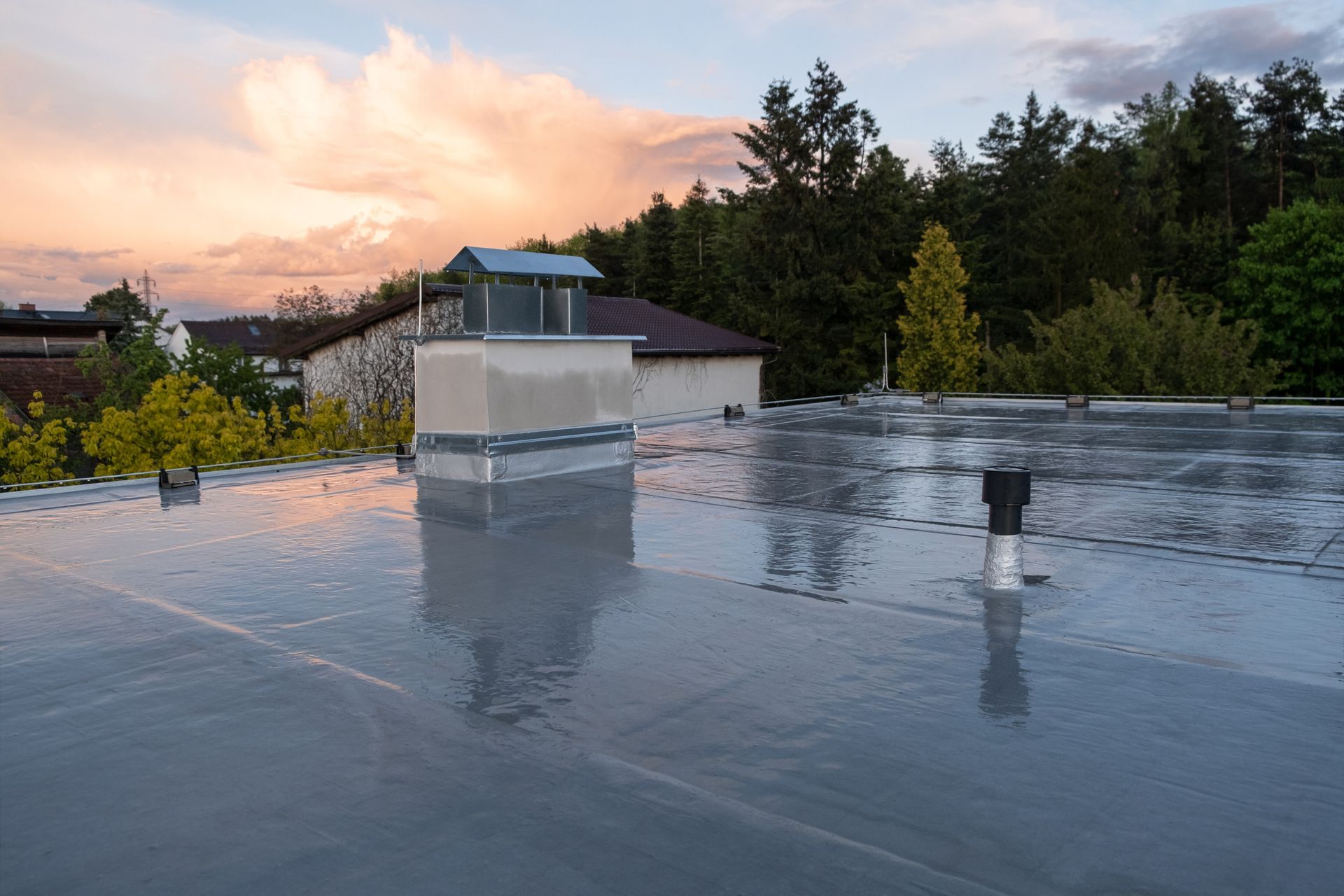
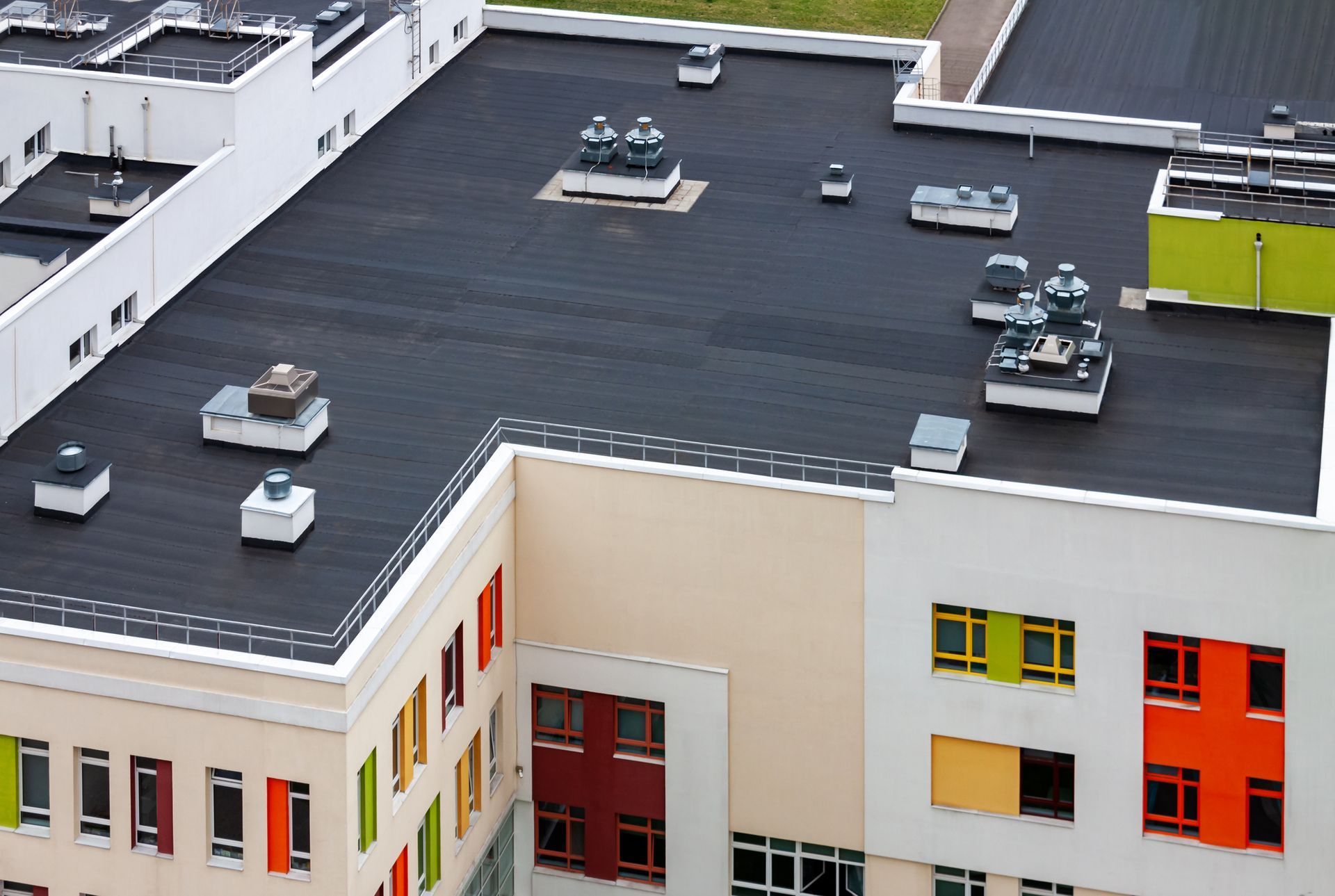


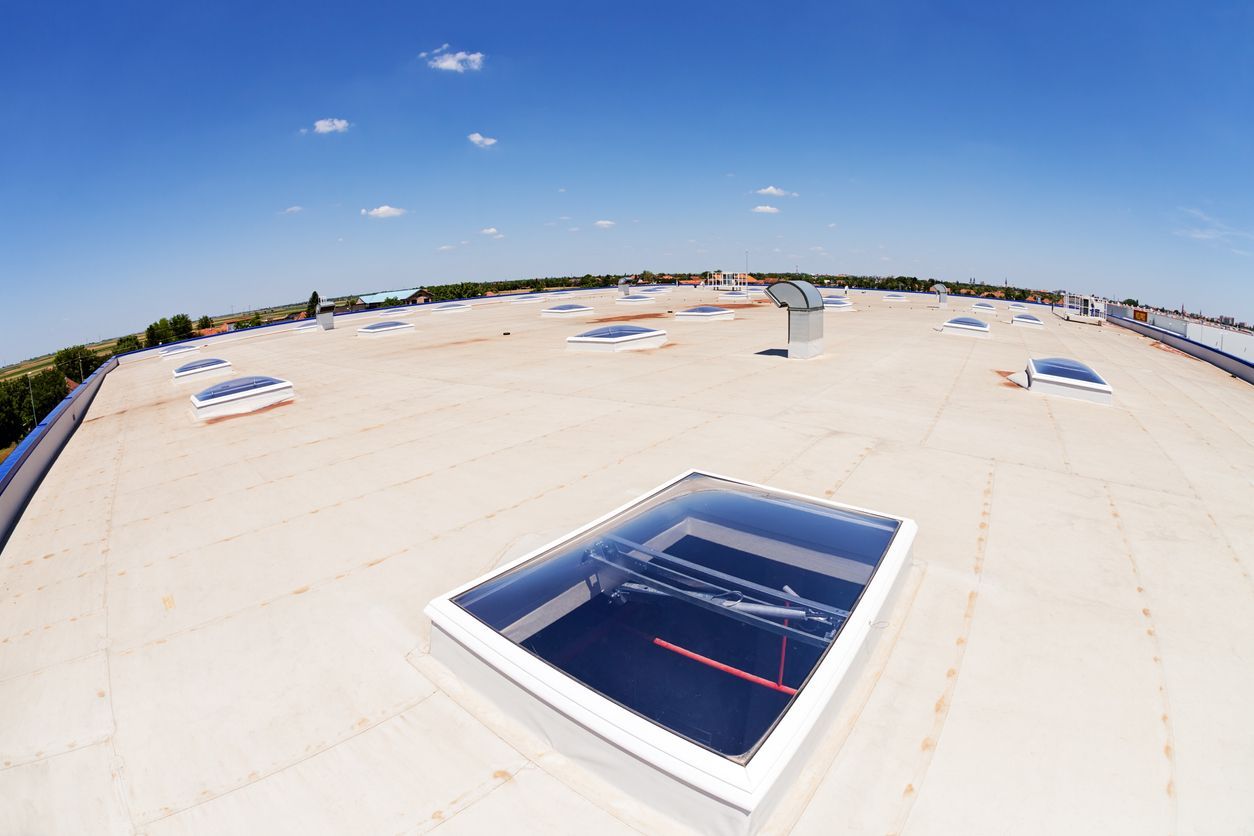
All Rights Reserved | All Seasons Roofing | Powered by Flypaper | Privacy Policy

